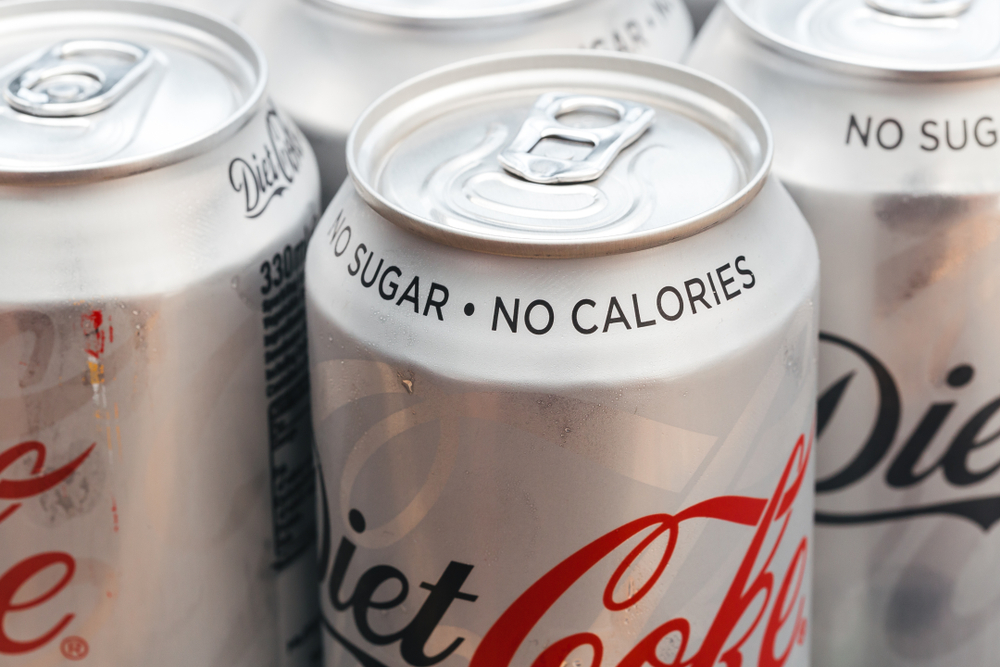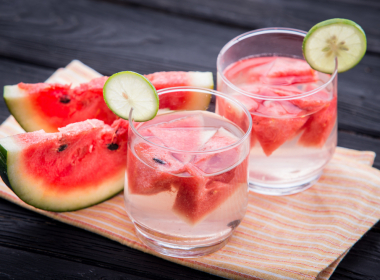What began as a seemingly innocent parody post on social media exploded into nationwide panic among Diet Coke enthusiasts. A fake announcement, falsely attributed to Robert F. Kennedy Jr., claimed that the beloved beverage would soon be banned. The post, humorously intended to poke fun at health-conscious trends, quickly morphed into a full-blown crisis as it spread across various social media platforms. Enthusiastic Diet Coke drinkers voiced their concern, believing the announcement was genuine.
The power of social media, coupled with the influence of a well-known public figure’s name, propelled the hoax to viral status. As the claim gained traction, it triggered a wave of anxiety across the nation, with consumers expressing their dismay and questioning the future of their favorite beverage.
Fact-checking in real-time
As panic spread, news organizations leapt into action. Reuters quickly debunked the viral claim, tracing it back to a parody account on Twitter. The hoax was thoroughly fact-checked, and credible sources verified that there were no ongoing discussions about banning Diet Coke. Despite this swift response, the incident had already fueled widespread concern about beverage regulations and consumer rights, raising important questions about how easily misinformation can influence public sentiment.
Fact-checking organizations, especially in the age of social media, play a crucial role in protecting the public from false information. Their rapid response helped to diffuse the situation, but it also illuminated the larger issue of how quickly rumors can spread online, sometimes with serious consequences.
Public reaction and social media storm
The potential Diet Coke ban sparked a flood of reactions across social media, reflecting both humorous and serious responses. Some users shared funny memes about their addiction to Diet Coke, while others genuinely expressed fear that their personal choice of beverage was under attack. Many saw the fake ban as an infringement on their rights to make informed dietary decisions. The intensity of the reaction underscored Diet Coke’s deep cultural significance in the U.S. — it is not just a soft drink but a symbol of consumer freedom, personal preference, and lifestyle.
The hoax also sparked a wider conversation about food choices, artificial sweeteners, and the role of government in regulating consumer products. As the claims spread, it became evident that Diet Coke holds a place in American culture far beyond that of a simple refreshment. It is intertwined with lifestyle, convenience, and even personal identity, which may explain why so many reacted so intensely to the idea of its potential prohibition.
Official clarification and policy stance
In the wake of the viral hoax, Robert F. Kennedy Jr. addressed the confusion during Senate proceedings. Kennedy emphasized that his commitment was to consumer education rather than imposing any kind of prohibition on Diet Coke or similar products. He clarified that the focus should be on understanding the health implications of food additives like aspartame, which is used in Diet Coke, and making informed choices about what consumers put into their bodies.
Kennedy’s response marked a shift in focus toward understanding the complexities of food additives and health regulations. Rather than fueling fear, he urged consumers to seek accurate information, empowering them to make choices aligned with their health goals.
Scientific perspective on safety
Scientific research provides valuable context when considering debates around Diet Coke. Aspartame, the artificial sweetener used in the drink, has been scrutinized for years. However, the World Health Organization (WHO) has found limited evidence linking aspartame to significant health risks. A review of multiple studies has shown that, in moderation, aspartame is considered safe for consumption by the general population.
While some critics argue about the potential long-term effects of consuming artificial sweeteners, most current evidence suggests that moderate intake of Diet Coke does not pose a significant risk to health. This scientific perspective helps frame the debate in a more balanced way, separating fact from the fiction spread by viral hoaxes.
Expert opinions and moderate approach
Nutrition professionals and experts in the food industry advocate for a balanced view of Diet Coke consumption. Rather than promoting abstinence or advocating for excessive consumption, experts emphasize the importance of considering Diet Coke in the context of an individual’s overall diet and health. While it may not be the healthiest beverage choice, it can be enjoyed as part of a balanced diet.
For those who are concerned about the potential effects of artificial sweeteners or caffeine, experts recommend moderating intake and focusing on healthier beverage alternatives, such as water or unsweetened tea. The key, as always, lies in moderation and informed choices, not in knee-jerk reactions driven by misinformation.
Lessons in digital literacy
The Diet Coke hoax serves as a powerful reminder of the importance of digital literacy in today’s world. In the age of rapid information exchange through social media, it is crucial for consumers to approach online claims with skepticism and verify information through reliable sources. This incident underscores the role of fact-checking organizations in safeguarding the public from false information, especially when it pertains to public health and consumer rights.
It also highlights the growing influence of social media in shaping public discourse. In a world where news is often consumed in real-time through platforms like Twitter and Facebook, critical thinking and digital literacy are more important than ever. This viral hoax is a cautionary tale about the ease with which misinformation can spread and the responsibility of consumers to verify the information they encounter online.
















